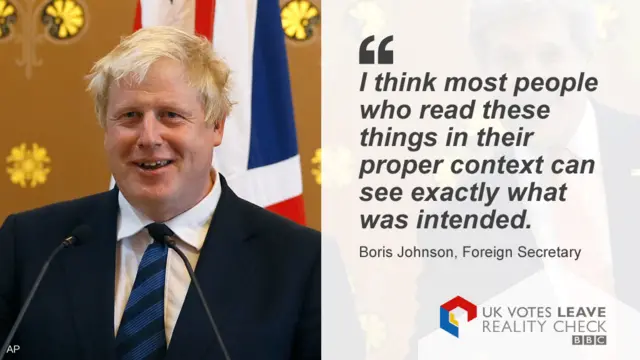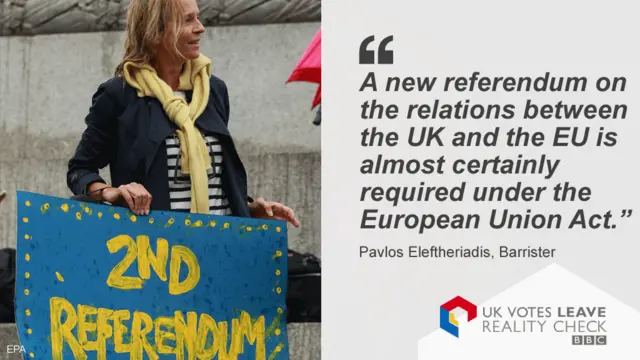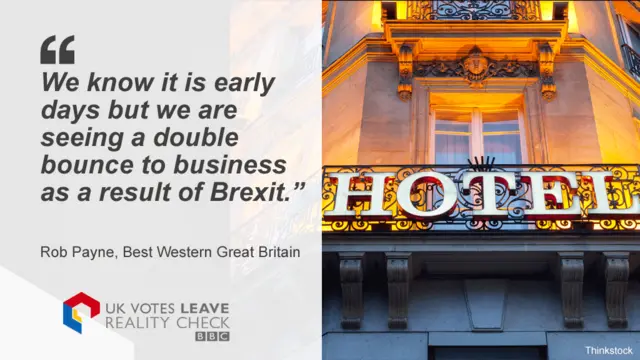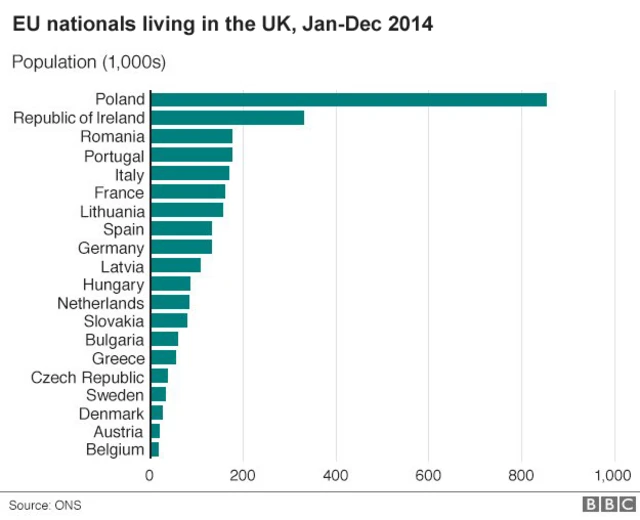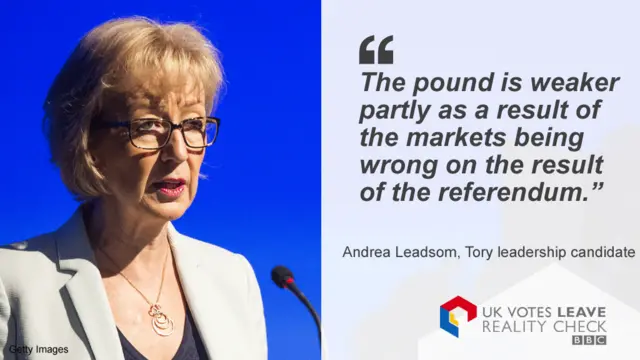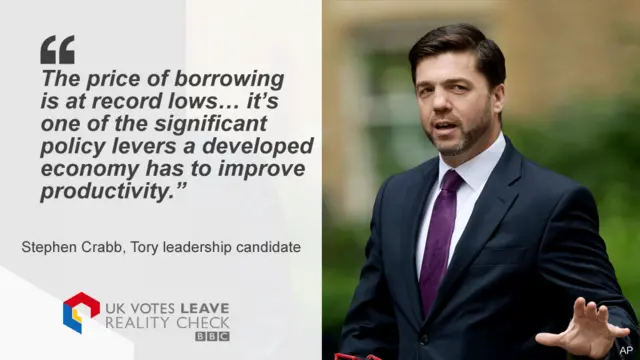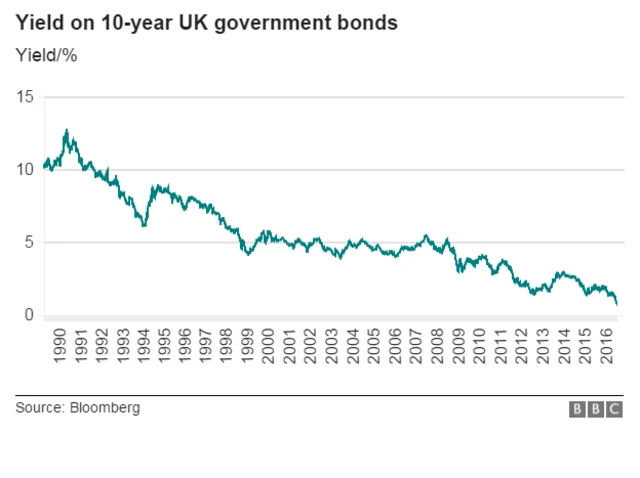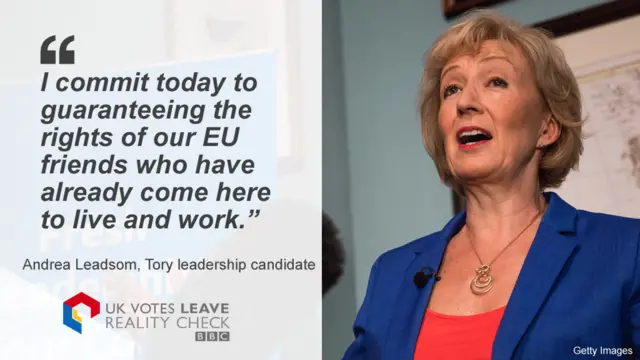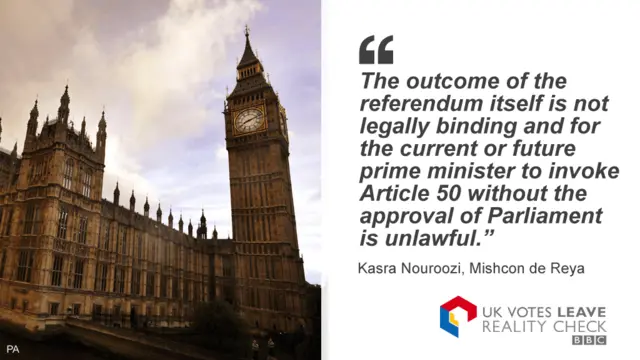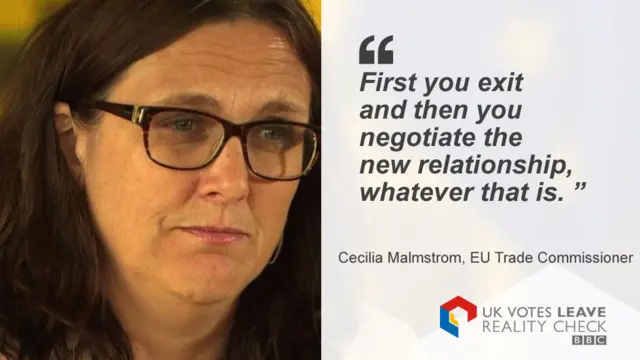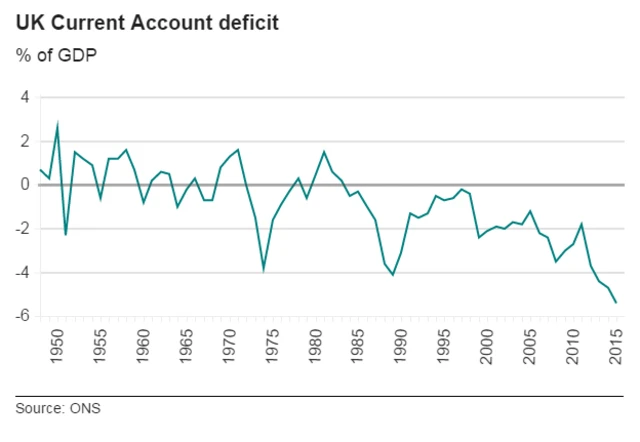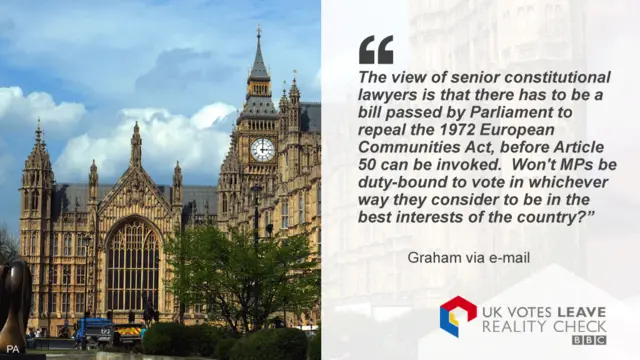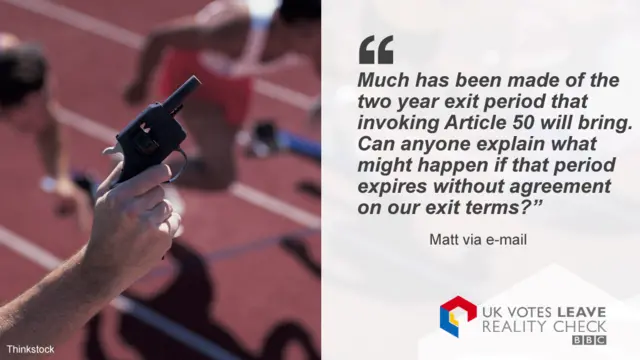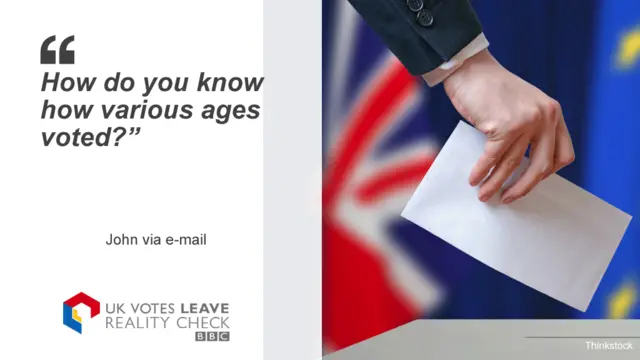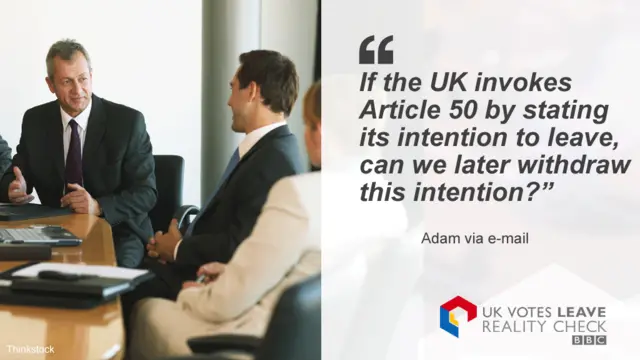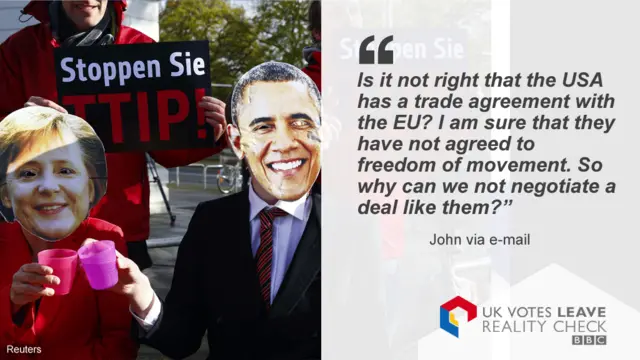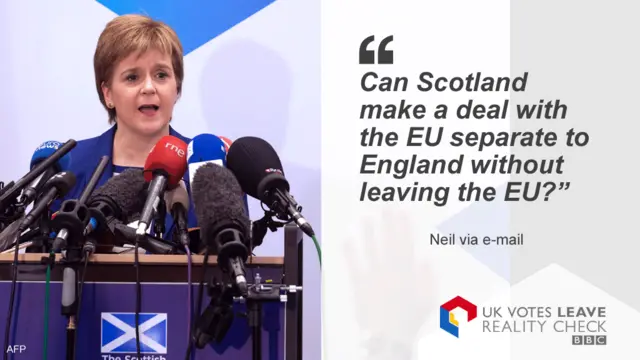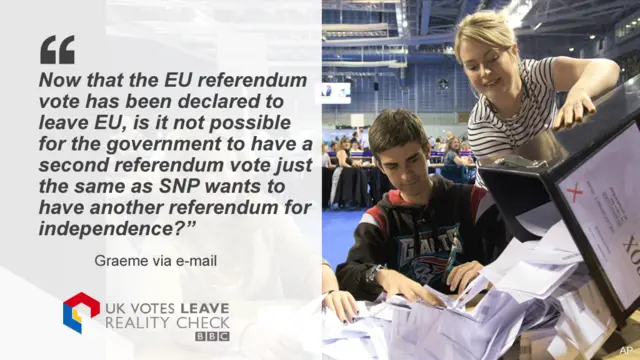What does Brexit mean for the Irish border?published at 15:20 BST 25 July 2016
 Reality Check
Reality Check
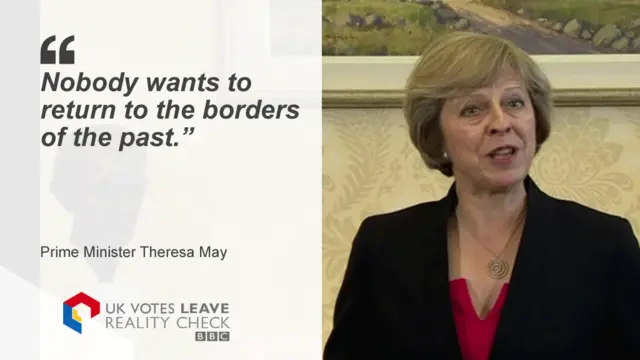
Much will come down to what happens in the UK's negotiations to leave the EU, particularly whether freedom of movement continues. It will also be important whether the UK decides to remain part of the European Economic Area, although there are some customs checks even between Norway, which is an EEA member and Sweden, which is an EU member.
![Jeremy Corbyn saying: I did not mean [Article 50] should be invoked on Friday morning and we should rush over to Brussels and start negotiating.](https://ichef.bbci.co.uk/ace/standard/640/cpsprodpb/vivo/live/images/2016/7/22/30c751d6-bfc2-4cbb-b623-637cfa3e7a0c.gif.webp)
